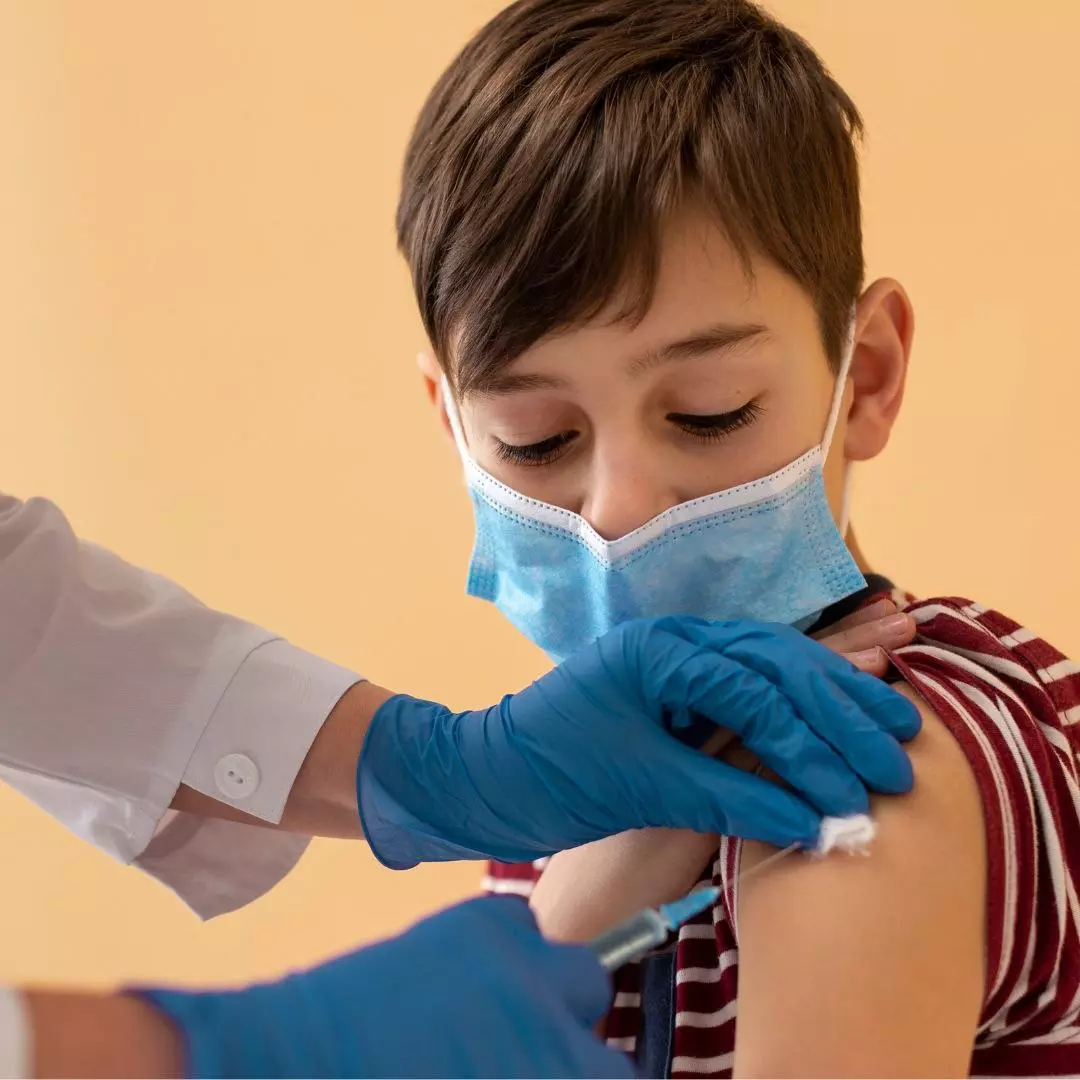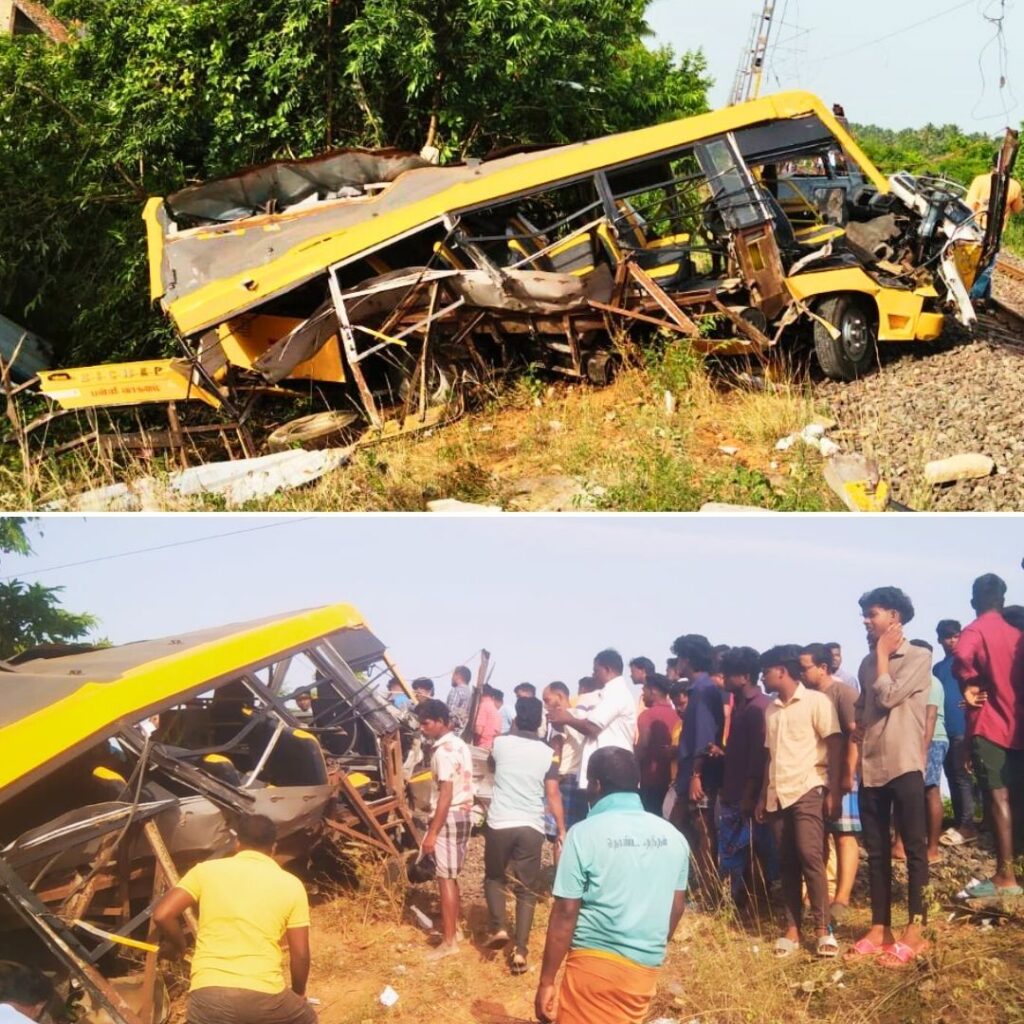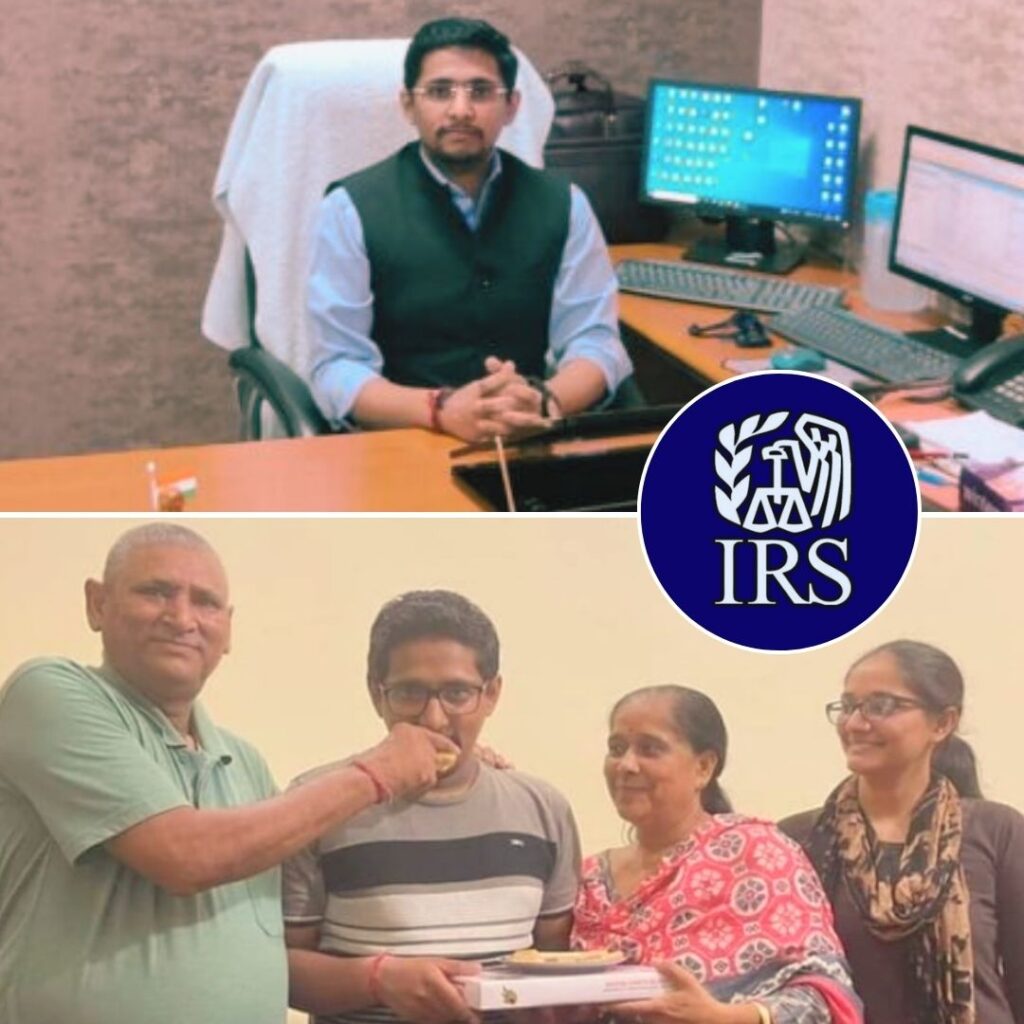The World Health Organization (WHO) has urged intensified efforts towards childhood immunization, with a focus on reaching 2.3 million unvaccinated and 650,000 partially vaccinated children. The WHO’s South-East Asia Region applauded member countries for scaling up childhood immunization coverage to pre-pandemic levels.
Dr Poonam Khetrapal Singh, the regional director of WHO’s South-East Asia region, emphasized that every child deserves protection against life-threatening diseases through routine immunization. She called for the continuation of efforts to ensure every child receives the benefits of immunization for a healthy and productive life.
According to WHO and UNICEF estimates for national immunization coverage in 2022, the coverage rate for DPT3 (the third dose of diphtheria, pertussis, and tetanus vaccines) in WHO’s South-East Asia region reached 91% of the pre-pandemic level, a significant increase from 82% recorded in 2021. The region also saw a six percent improvement in measles vaccine coverage, rising from 86% in 2021 to 92% in 2022, reported The New Indian Express.
The number of children who did not receive the first dose of DPT vaccine decreased from 4.6 million in 2021 to 2.3 million in 2022. Additionally, the number of partially vaccinated children, who received at least one dose of DPT vaccine but not the complete primary series of three doses, reduced from 1.3 million in 2021 to 650,000 in 2022.
The South-East Asia region demonstrated the best immunization recoveries among all WHO regions, primarily due to efforts made by India and Indonesia. India recorded 93% DPT3 coverage in 2022, surpassing the pre-pandemic all-time high of 91% in 2019 and a significant increase from 85% in 2021.
Despite the positive progress, the WHO regional director highlighted variabilities in immunization coverage at sub-national levels in countries, particularly those with large populations. These inequities could lead to outbreaks of measles, diphtheria, and other vaccine-preventable diseases. Singh emphasized the need to close these gaps and continue scaling up efforts to identify unvaccinated children, strengthen the health workforce, engage with vulnerable populations, and implement tailored strategies to reach every child.
Vaccination Rate Amid Children
UNICEF India released its global flagship report, ‘The State of the World’s Children 2023: For Every Child, Vaccination,’ which emphasizes the importance of childhood immunization. The report reveals that China, India, and Mexico are among the few countries where the perception of the importance of vaccines for children remained firm or improved out of 55 countries studied.
However, the report , also warns of a decline in vaccine confidence in over a third of the studied countries, including the Republic of Korea, Papua New Guinea, Ghana, Senegal, and Japan, particularly after the start of the COVID-19 pandemic. Vaccine hesitancy is becoming a growing threat due to misleading information access and declining trust in vaccine efficacy.
The COVID-19 pandemic led to the largest sustained backslide in childhood immunization in 30 years, as it interrupted vaccination efforts worldwide. Health systems faced challenges due to the demands of COVID-19 vaccination, shortages of health workers, and stay-at-home measures.
Despite these challenges, India has been recognized as one of the countries with the highest vaccine confidence globally. The Indian government’s political and social commitment, along with the largest vaccine drive during the pandemic, has contributed to building confidence and strengthening routine immunization systems to vaccinate every child. The report highlights that between 2019 and 2021, a total of 67 million children missed out on vaccinations, with coverage levels decreasing in 112 countries. The number of measles cases and children paralyzed by polio increased significantly during this period, underscoring the importance of sustained vaccination efforts.
India managed to arrest the backslide in vaccination during the pandemic and reduced the number of zero-dose children to 2.7 million. This achievement can be attributed to evidence-based catch-up campaigns, the government’s initiatives like Intensified Mission Indradhanush (IMI), comprehensive primary health care services, a strong Routine Immunization program, and dedicated health workers. The country continues its progress to reach the last mile and ensure immunization for every child.
New data produced for the report by the International Center for Equity in Health found that in the poorest households, 1 in 5 children are zero-dose, while in the wealthiest, it is just 1 in 20.
Further, it also found that unvaccinated children often live in hard-to-reach communities such as rural areas or urban slums. They often have mothers who have not been able to go to school and are given less participation when it comes to making family decisions. These challenges are greatest in low- and middle-income countries, where about 1 in 10 children in urban areas are zero dose and 1 in 6 in rural areas.
Also Read: Canada Launches Open Work Permit For US H-1B Visa Holders, Indians Likely To Benefit
https://thelogicalindian.com/h-upload/2023/07/19/500x300_232620-photo2023-07-1915-59-05.webp
Trending
2023-07-19 10:32:46.0
Intensified Efforts Required To Fully Vaccinate Children, Says WHO











